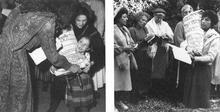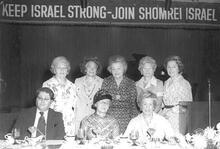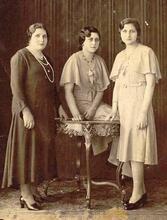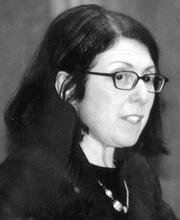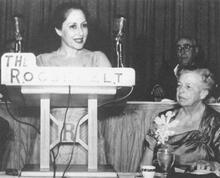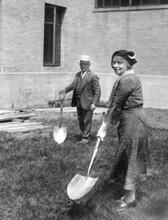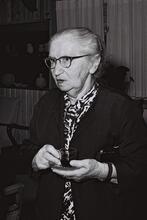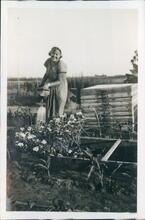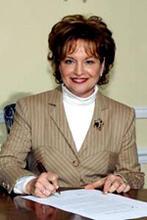Judith Pinta Mandelbaum
As both a leader of the Mizrachi Women’s Organization of America (AMIT) and editor of its journals, Judith Pinta Mandelbaum shaped the organization for over forty years. Mandelbaum briefly taught Hebrew to first graders at the Yeshiva of Flatbush and became involved with AMIT before travelling to Palestine in the early 1930s to serve as secretary to the leader of the Mizrachi Movement. She returned to the United States in 1939 and intensified her involvement with AMIT, eventually serving as national secretary, national and executive board member, and national vice president. She also chaired AMIT’s National Culture Committee for ten years and was its delegate to the World Zionist Congress in Israel in 1955.
Article
Judith Pinta Mandelbaum was an important part of the Mizrachi Women’s Organization of America (American Mizrachi Women) from the 1930s until shortly before her death in 1977, by which time the organization was known as AMIT. She also achieved professional acclaim as an outstanding teacher and is remembered fondly as a woman with a wonderful sense of humor and a rich family life.
Both her ardent Zionism and involvement with education were a natural outgrowth of her family background. She was born on June 30, 1906, in Brooklyn to Eliahu and Rose Pinta, both new immigrants from Russia and both Zionists who also believed in Hebrew education for girls; her mother had been a founding member of Achyos Mizrachi. Judith studied Hebrew and religious subjects in an afternoon Hebrew class full of boys. A natural leader, she headed a Young Judaea group when in her late teens and early twenties; there was no Mizrachi youth group at that time. She attended Hunter College in New York City and, at the same time, continued her Hebrew studies at the Teachers Institute of the Jewish Theological Seminary. She was in great demand as a Hebrew teacher, and Joel Braverman hired her to teach the first grade when he established the Yeshiva of Flatbush in Brooklyn. After a few years at Flatbush, she traveled to Palestine in the early 1930s to work as the private secretary to Rabbi Meir Berlin (later Bar-Ilan), the leader of the Mizrachi movement and the great scholar for whom Bar-Ilan University is named. She traveled to Israel alone, which was highly unusual in those days and required a great deal of courage and personal strength. It was then that she met her future husband, Mordechai Mandelbaum. After a visit to her parents in Brooklyn, she returned to Jerusalem to marry him in 1936, during a period of Arab riots. Their daughter, Rhea, was born a year later. In 1939, the Mandelbaums traveled to America to visit her family. Because of the dangers of sea travel during World War II, they remained in the United States, eventually residing there permanently.
Her contributions to American Mizrachi Women were many and varied: member of the national and executive boards; national secretary; national vice president; editor-in-chief of the organization’s newspaper, assistant editor of the Yiddish supplement, and special editor of its Hebrew-English column; founder and leader of their Herzl Institute lecture series; chair of their National Cultural Committee for a decade, responsible for publishing the American Mizrachi Women Cultural Guide; and delegate to the World Zionist Congress in Israel in 1955.
Judith Pinta Mandelbaum died in Brooklyn on March 7, 1977. She is buried in Sanhedria in Jerusalem. At the time of her death, she and her husband had been preparing to return to Israel to join their daughter and her family, who had made Lit. "ascent." A "calling up" to the Torah during its reading in the synagogue.aliyah two years before.
AJYB 79:370.
NYTimes, March 8, 1977, 34:4.

